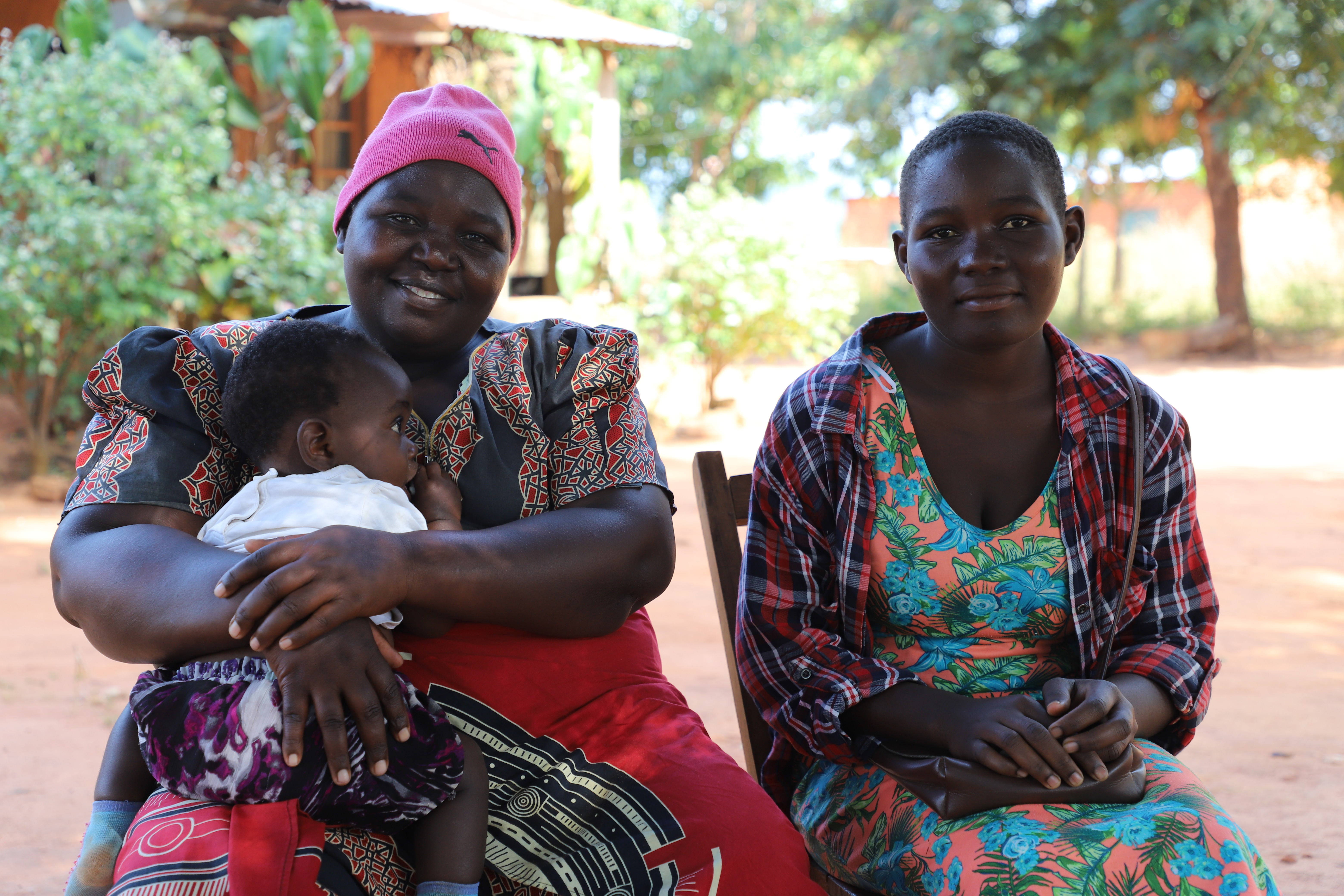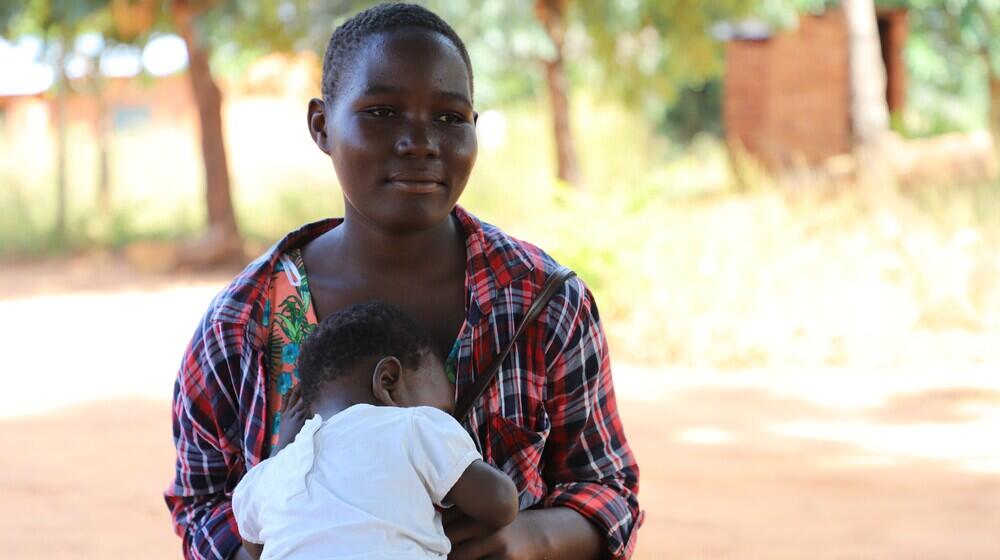Nkhata bay, MALAWI - Margaret Kumwenda was worried when her daughter 15-year-old daughter, Jacqueline disappeared from home for two weeks. This was not the first time for Jacqueline to run away from home. A year before, she had also done the same, only to return after a three days.
“She used to be a very good girl but this changed when she started hanging out with a wrong crowd at school,” said Ms. Kumwenda
Every time Jacqueline returned home, she refuse to disclose where she had gone. Ms. Kumwenda later learnt that her daughter was in love with a boy from the other village. That’s where she would go when she ran away from home.
“When I knew where she was going, I reported the boy to the police,” she said, adding, “But they told me that he was also still a minor. All they could do was to counsel him and Jacqueline.”
The counselling seemed to work for a while as Jacqueline stopped coming home late and was always studying. But this didn’t last for long. One day as Ms. Kumwenda was coming from the market, she discovered that Jacqueline’s room was empty. All her clothes and belongings were gone.
“We tried looking for her but to no avail,” she said.
Later, Ms. Kumwenda learnt that Jacqueline and her boyfriend had relocated to Mzimba district. And she had no clue to the exact location of where they were staying in the district. For two years, she heard no word from her daughter.
“I tried all I can to locate her but it seemed she didn’t want to be found,” she explained.
When she had given up on ever finding her daughter, one day Ms. Kumwenda received an anonymous call alerting her that Jacqueline wasn’t feeling well. Jacqueline’s husband was afraid to face her in-law, and he sent someone to relay the message through a phone call.

“I asked the caller to tell Jacqueline’s husband to send my daughter home,” recalled Ms. Kumwenda. “But he said he didn’t have money for transport so I borrowed and sent for her to come back home.”
When Jacqueline arrived, she was not in good shape. She explained that she started leaking urine and faeces soon after giving birth. And for months, she stayed indoors until her husband thought of sending her back home.
“I didn’t know what to do when she arrived,” said Ms. Kumwenda. “But I remembered that there was a woman in our community who always talked about a similar condition and how she can help to get it treated. I went to her place and she agreed to come to our house the next day.”
The lady, a fistula ambassador under the Spotlight Initiative funded by the European Union (EU), took Jacqueline to Nkhata bay district hospital for a clinical assessment. The assessment showed that Jacqueline had a fistula.
Obstetric fistula happens when a hole forms between the birth canal and bladder or the rectum resulting in uncontrollable leaking of urine and faeces.
And luckily for Jacqueline, the fistula wasn’t complex and could be handled at the district health office. The fistula was successfully repaired, and today Jacqueline is free from fistula.
I don’t know what could have happened if I didn’t come here. My life was lonely as I couldn’t go out of the house because I was wetting myself. I thank those who helped me get well again.
UNFPA through the Spotlight Initiative is working with Nkhata bay district council to help empower adolescent girls and women with knowledge and skills on sexual reproductive health and rights, and gender based violence to make informed decisions and exercise their rights.
In Nkhata bay, adolescent girls and young women marry at early ages and are susceptible to physical violence and harmful practices. These realities increase their risk for unintended, mistimed, higher-risk pregnancies. Recent statistics show that than one in two girls are married before the age of 18, which put them at risk of fistula.
In 2022, Nkhata bay district with support from the Spotlight Initiative supported the repair of 11 fistula cases.
By Joseph Scott, Communications Analyst


